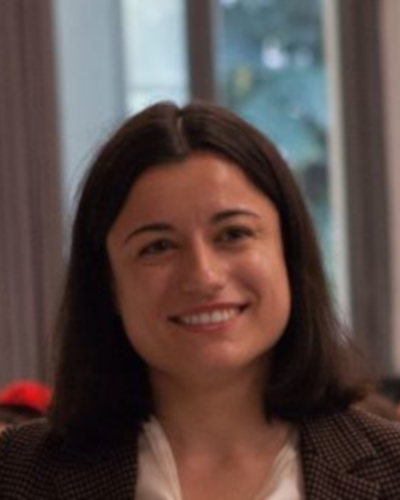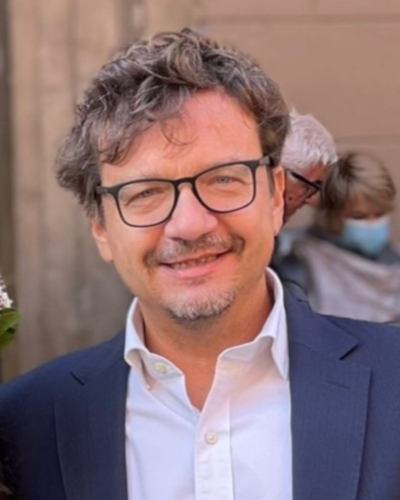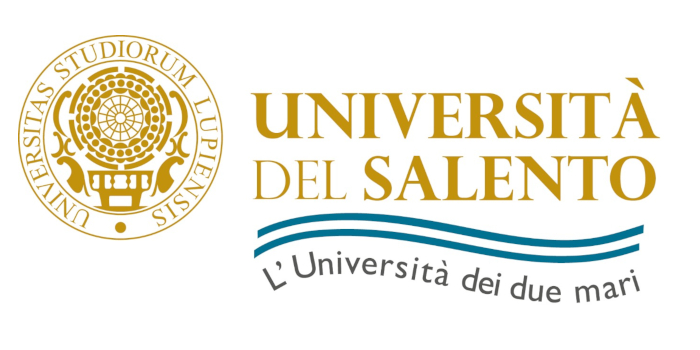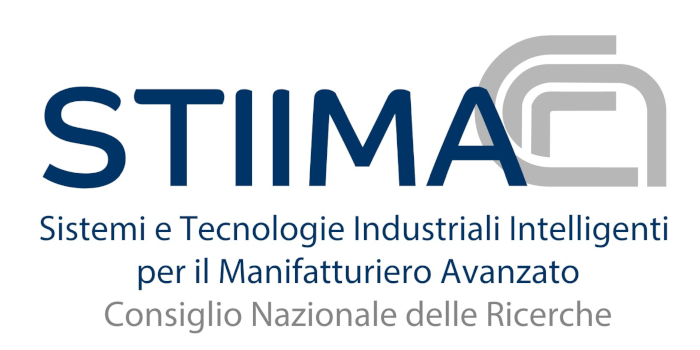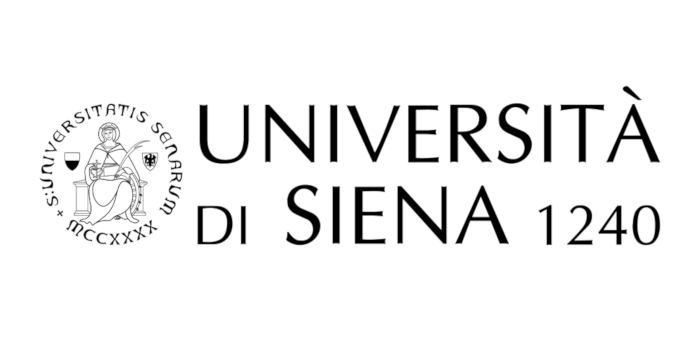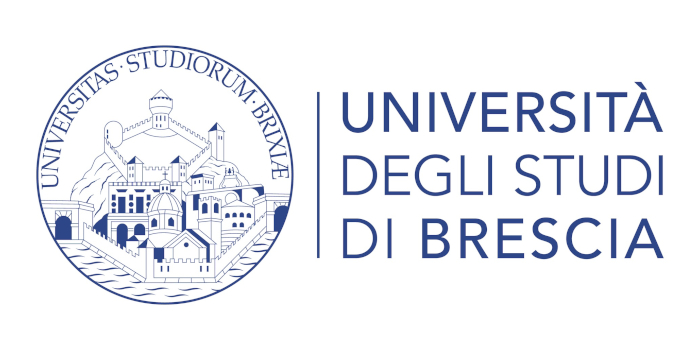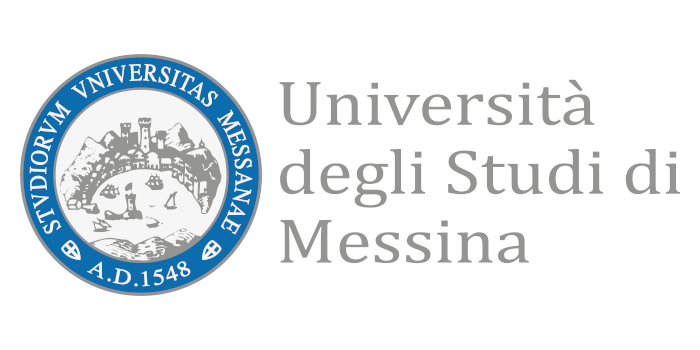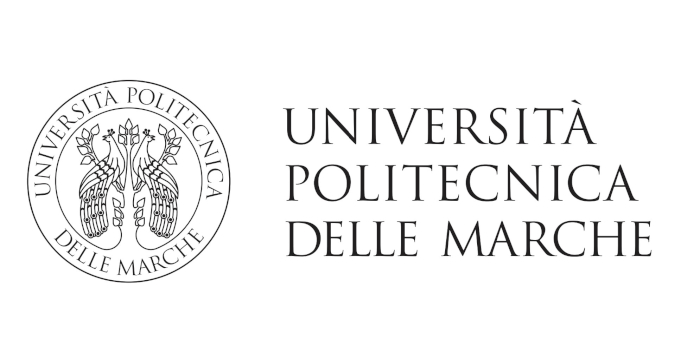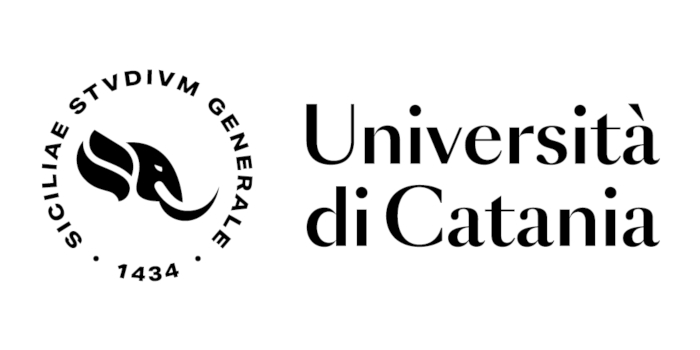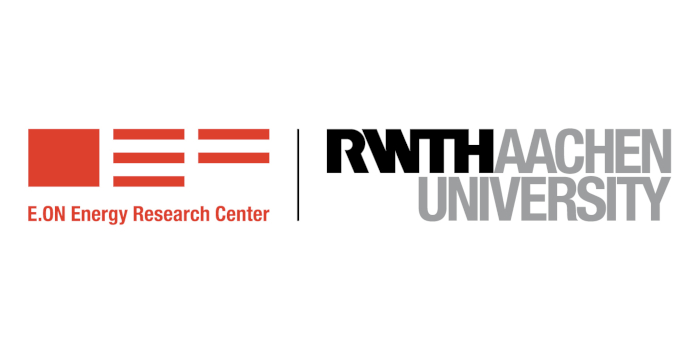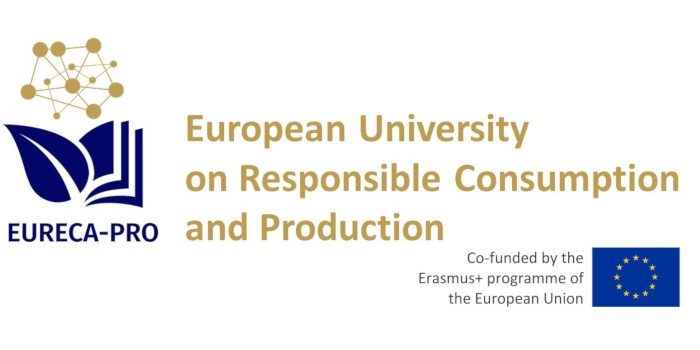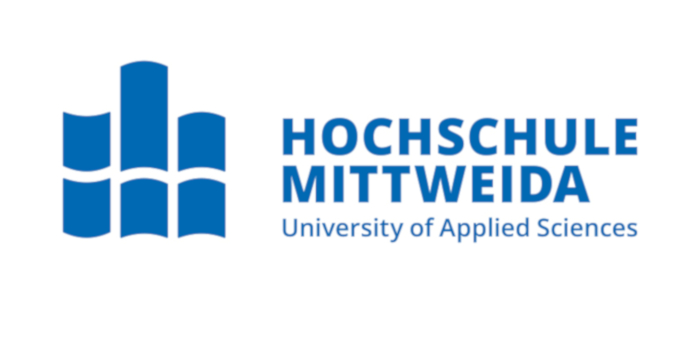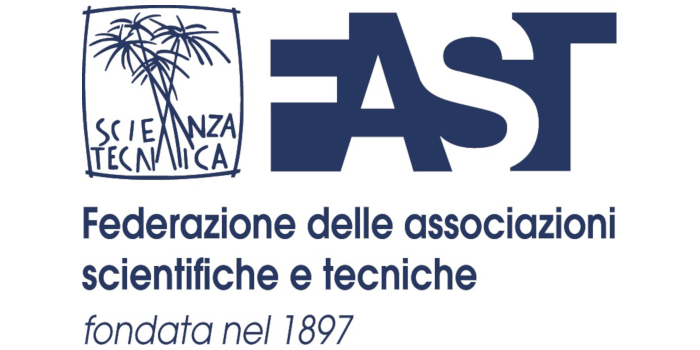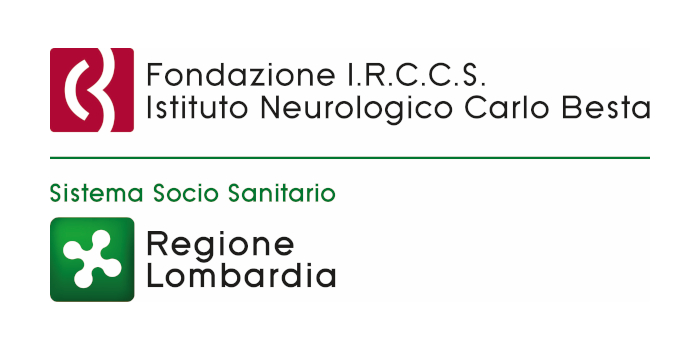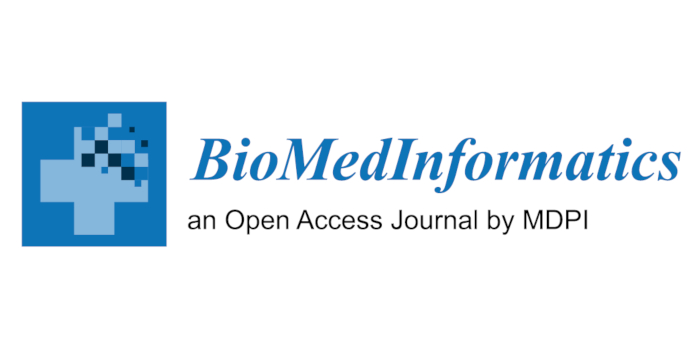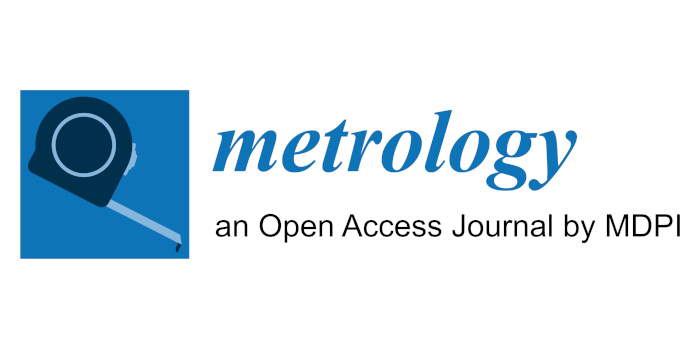SPECIAL SESSION #22
Physiological Measurements: from the lab to the real world with wearable technologies
ORGANIZED BY
Alessandra Angelucci
Politecnico di Milano, Italy
Andrea Aliverti
Politecnico di Milano, Italy
ABSTRACT
Traditional measurement systems of physiological parameters are generally cumbersome and usable in clinical and laboratory settings, but they are not suitable for non-supervised use. Recent developments in wearable technologies, however, allow to perform some physiological measurements continuously, independently, and in daily life scenarios. This allows to collect big data from wearables. Such data can generate new knowledge but also require adequate analysis methods, such as artificial intelligence-based algorithms. Furthermore, the quality of physiological measurements obtained with wearables is generally low and not all producers share validation data with the scientific community. The aim of this special session is to address the issue of wearable data quality and discuss methods for data processing and new knowledge generation.
MAIN TOPICS
This special session will host contributions on:
- Design of new wearable devices for physiological parameters (e.g., heart rate, respiratory rate, blood oxygen saturation, blood glucose concentration)
- Analysis of biosignals derived from wearables
- Applications of commercial wearables: health, sports, safety
- Validation of wearable device measurements
- Methods to analyze wearable data, including but not limited to artificial intelligence
- Data quality and Ethical issues
ABOUT THE ORGANIZERS
Alessandra Angelucci received the M.Sc. Degree in Biomedical Engineering and the Ph.D. Degree in Bioengineering on from Politecnico di Milano, Milan, Italy, in 2019 and 2022, respectively. She is a Post-Doctoral Research Fellow in Bioengineering at Politecnico di Milano. Her main research interests are wearable technology, telemedicine, physiological and environmental measurements for health and wellbeing.
Andrea Aliverti received the M.Sc. Degree in Electronics Engineering and the Ph.D. Degree in Bioengineering from Politecnico di Milano, Milan, Italy, in 1992 and 1997, respectively. He is full professor at the Department of Electronics, Information and Bioengineering, Politecnico di Milano. He is responsible of Lares (Respiratory Analysis Lab) at the Biomedical Technology Laboratory (TBMLab). His actual main research interests include bioengineering of the respiratory system, physiological measurements, biomedical instrumentation and sensors, wearable technology and functional lung imaging.


